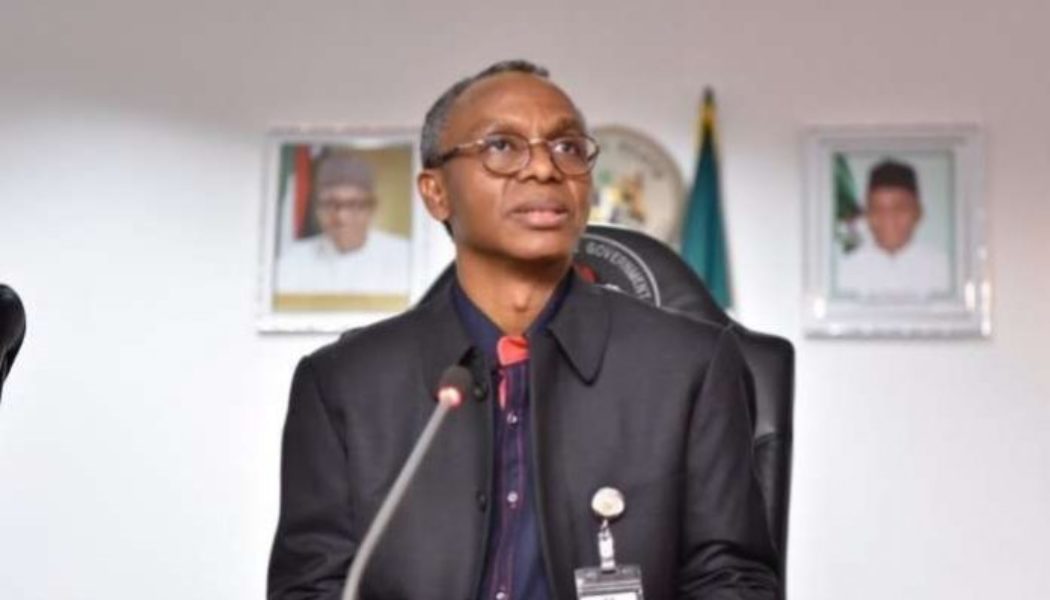
Human rights lawyer, Mr. Femi Falana (SAN), and the Alliance on Surviving COVID-19 and Beyond say Kaduna State Governor, Nasir el-Rufai, has sacked over 60,000 workers since he took office in May 2015.
They, therefore, endorsed the five-day strike across Kaduna State which will begin on Monday.
ASCAB in a statement on Sunday called on all NLC affiliates and supporters to join the “essential strike” adding that a “firm action is needed to reverse the massive attacks on jobs and poverty induced insecurity in Kaduna State.”
Falana said the economy of Kaduna was traditionally built around textile factories and the public sector but in the decade before the administration of el-Rufai, the last four major textile factories were closed with many of the workers not receiving any terminal benefits despite two of the factories being mainly owned by the governments of the northern states.
The activist said rather than seeking to address this economic decline, el-Rufai has retrenched perhaps 60,000 public sector workers and many have not received their due payments.
He added, “Kaduna State is now a dangerous state in Nigeria to live, work or visit in terms of the regularity of bloodshed, kidnappings and killings by bandits and ethno-religious inspired violence. The level of insecurity in Kaduna State today is a function of unprecedented, cruel anti-workers’ policy of the Kaduna State Government including repeated mass layoffs. The uncontrolled insecurity is, therefore, the ’harvest’ or product of the State’s anti-labour policies.”
The activist noted that in 2016, over 13,000 workers considered to be ghost workers, were dismissed. The following year another 40,000 public sector workers were retrenched.
“Around half of these were teachers. The state arbitrarily pegged the pass mark for their competency test at an unprecedented 75 per cent. Many of these teachers did not receive any redundancy money.
From April of this year, the state government has been dismissing perhaps as many as another 17,000 workers. This includes 6,000 local government and primary health care workers who have all received their marching orders. The remaining 11,000 workers from the state ministries have been listed for dismissal on account of having spent 30 years and above in service and/or being on level 14 and above,” Falana said.
The senior advocate noted that pensioners who have earned pension for between five and 10 years and have ‘refused to die’ are no longer being paid.
He said the governor’s claim that these policies are necessary due to declining revenues is far from the truth.
“The state has plenty of money – ‘borrows’ from workers. Kaduna State Government has significantly increased its internally generated revenue over the last five years. IGR has increased by about 16 per cent a year in real terms (after taking into account inflation). So IGR is now about half the total income of the state despite the fact that the monthly FAAC allocations are now increasing again as crude oil prices have recovered from the Covid-19 dip,” he said.










